Medewerkers met het vakgebied Sociologie
Wetenschap ontwikkelt zich waar verschillende vakgebieden samenkomen. Alleen al daarom bestaat er binnen de RUG een grote verscheidenheid aan vakgebieden, met daarbinnen een groot aantal vakspecialisten. Met behulp van onderstaand overzicht, gebaseerd op een vaststaande indeling van wetenschapsgebieden, vindt u op elk vakgebied de juiste deskundige. Komt de deskundige die u zoekt niet voor in deze lijst? Via een vergelijkbaar vakgebied of een gerelateerde faculteit vindt u mogelijk alsnog de juiste persoon.
Overzicht van alle vakgebieden
Shared decision making, medication adherence and behavioural change

Legal socialization, legal literacy, narrative studies, prison studies
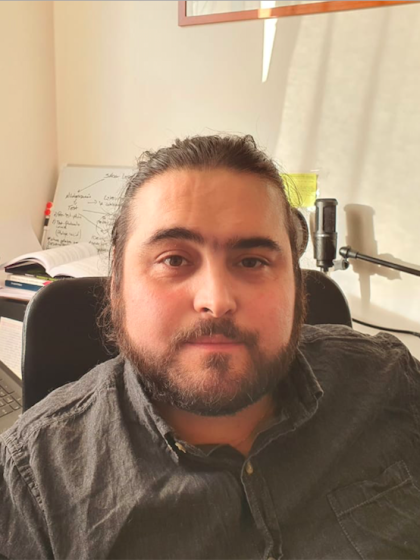
Contact
g.a.albornoz.barra rug.nl
Functie
PhD student
Vakgebied
Publieke discoursen en publieke opinie over misdaad en straf.
Maatschappelijke reacties op criminaliteit en geweld en het criminaliteitsbeleid. Gendergerelateerde aspecten van (gewelds)criminaliteit.
Maatschappelijke reacties op criminaliteit en geweld en het criminaliteitsbeleid. Gendergerelateerde aspecten van (gewelds)criminaliteit.
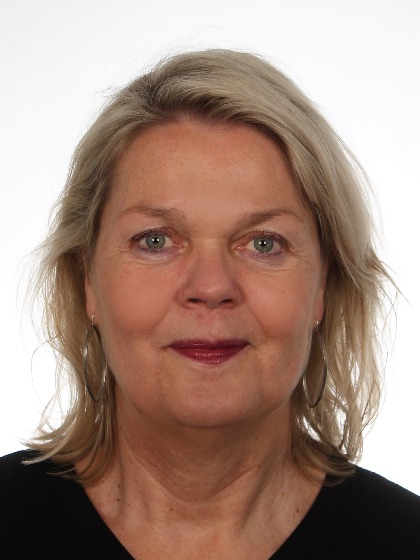
Contact
Functie
Universitair Hoofddocent Criminologie
violent extremism, conflict transformation, peacebuilding

Contact
Functie
Postdoctoral Researcher
Arbeidssociologie
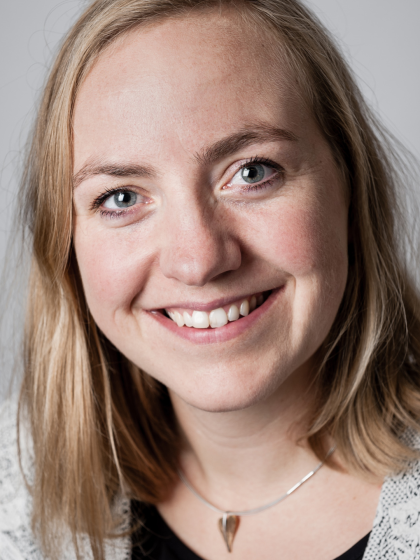
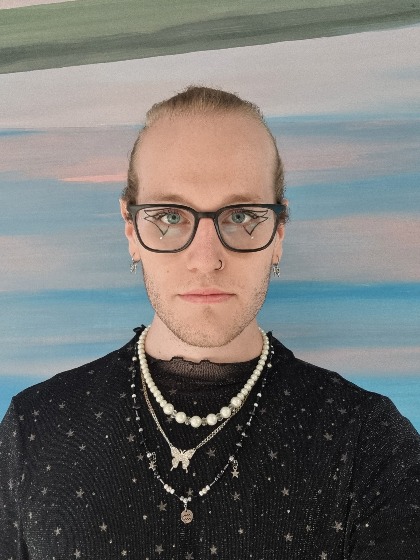
Contact
jan.behrens rug.nl
Functie
I focus on societal health inequalities experienced by LGBTQIA+ people which I approach with an intersectional feminist lens and applying minority stress theory, social identity theory, and institutionalism guide my research.
Vakgebied
Familie sociologie, familie netwerken, familie relaties, scheiding
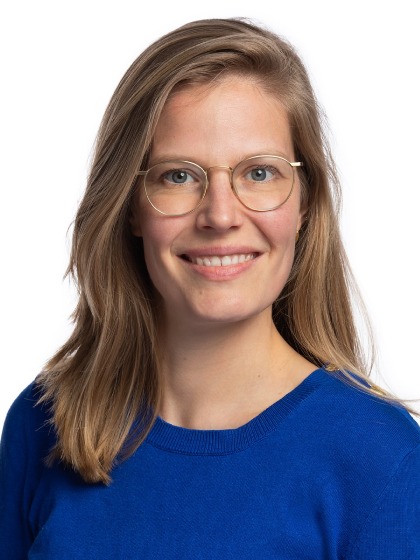
Openbaar bestuur
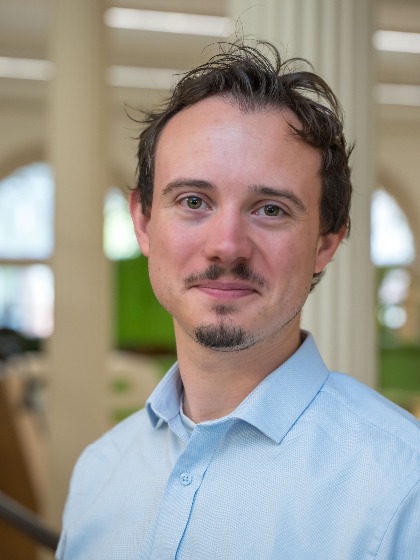
Contact
a.c.belloir rug.nl
Functie
Project manager & Beleidsmedewerker LLO
Vakgebied
- Sociology of migration and transnationalisation
- Sociology of social inequalities
- Sociology of higher education
- Sociology of health and well-being
- Personal network analysis
- Sociology of social inequalities
- Sociology of higher education
- Sociology of health and well-being
- Personal network analysis
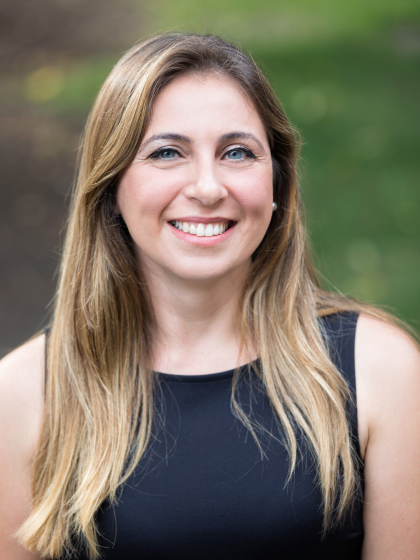
Contact
Functie
Associate Professor of Sociology and Rosalind Franklin Fellow
Vakgebied
plattelandsontwikkeling, sociale innovatie, mobiliteit en migratie, marginalisering van het platteland, plattelandsbeleid, interactief beleid, dierenwelzijn, gender, duurzame voedselproductie en consumptie, landbouw en zorg, multifunctionele landbouw
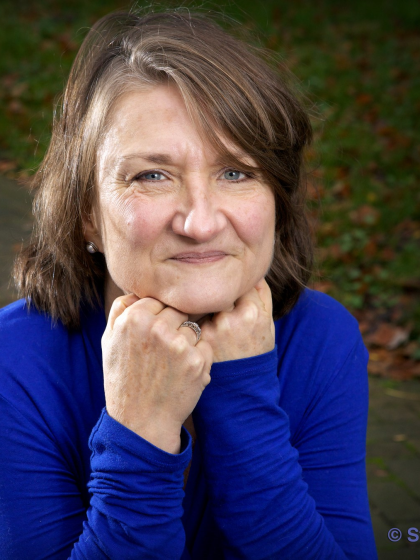
Contact
b.b.bock rug.nl
Functie
Bijzonder Hoogleraar Bevolkingsdaling en Leefbaarheid voor Noord-Nederland
Vakgebied
Citizen science
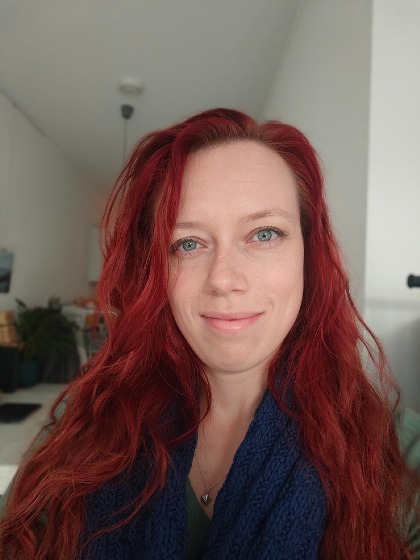
Contact
j.m.bogert rug.nl
Functie
Postdoc researcher
onderwijssociologie, schoolloopbanen, ongelijkheid, gezinssituaties
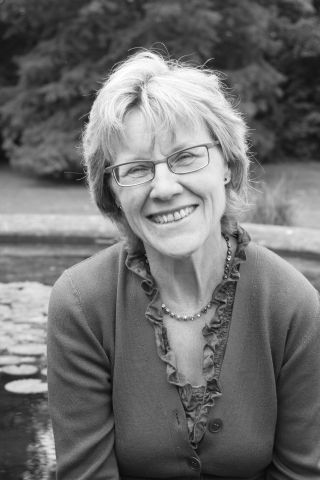
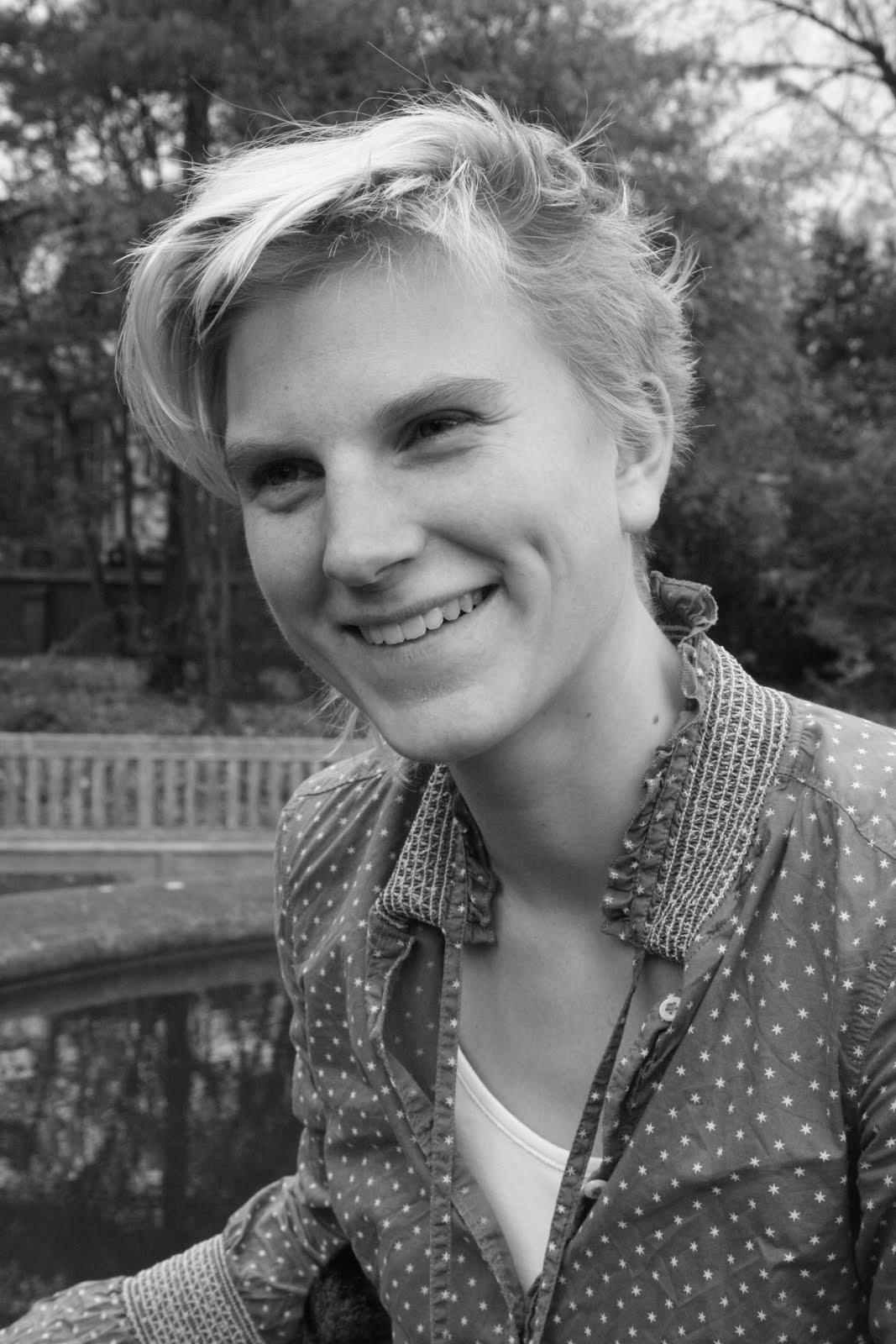
cultural entrepreneurship & leadership, social impact of the arts, social network analysis
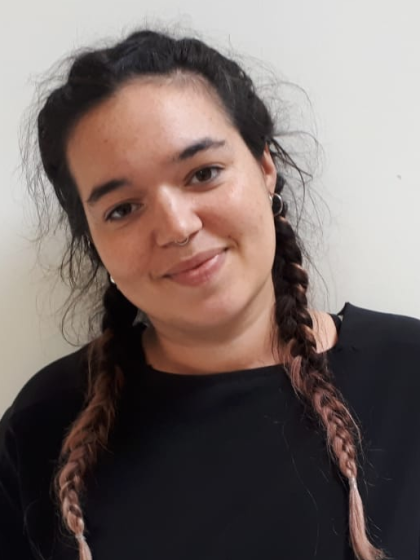
Contact
d.z.boulil rug.nl
Functie
PhD student
Historische demografie; Geschiedenis van geneeskunde en gezondheid (incl. geschiedenis van de verpleegkunde en geschiedenis van de psychiatrie); Reproductieve gezondheid, gezondheid moeder en kind; Gender and sociale ongelijkheden; Geschiedenis van... lees meer
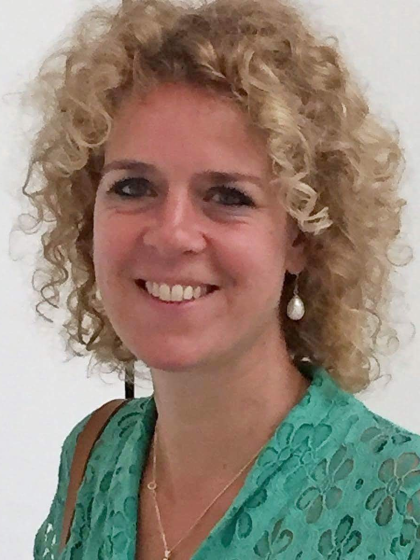
Contact
Functie
Aletta Jacobs hoogleraar Economische en Sociale Geschiedenis met speciale aandacht voor Mondiale Demografie en Gezondheid
International marketing and communications. International student recruitment. Social media. KPI analysis.
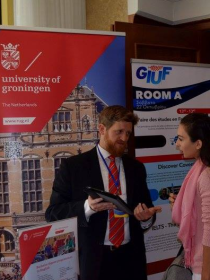
Contact
Functie
Senior Marketing Advisor (International programmes)
Vakgebied
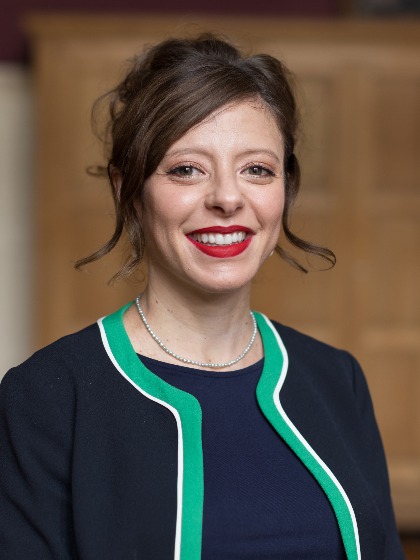
Contact
m.carpenedo.rodrigues rug.nl
Functie
Assistant Professor and Marie Curie Felow
Vakgebied
GGz; psychiatrie; herstel; psychose; ernstig psychische aandoeningen; psychosociale interventies; praktijkgericht onderzoek; zorgstandaarden
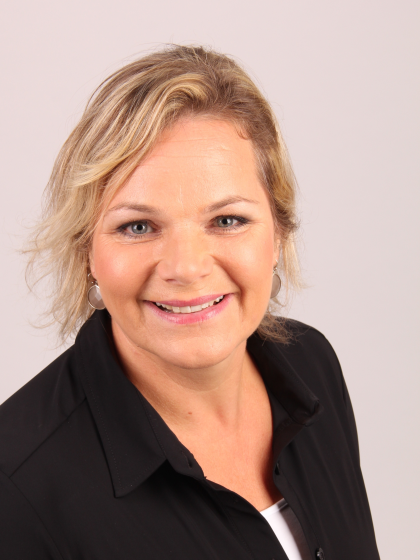
Contact
Functie
Hoogleraar Herstelbevordering bij Ernstige Psychische Aandoeningen
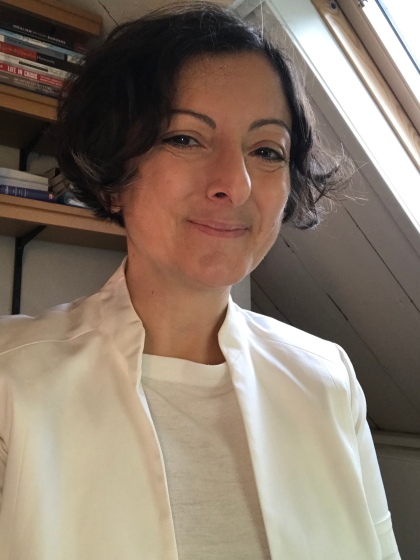
Agent Based Modelling, Sociale Netwerken, Webscraping, Datawetenschap, Cooperation

Dr Alex de Lacey is Assistant Professor in Popular Music at the University of Groningen, the Netherlands. He is the author of Level Up: Live Performance and Creative Process in Grime Music (Routledge, 2023). His research on rap music has been published in... read more
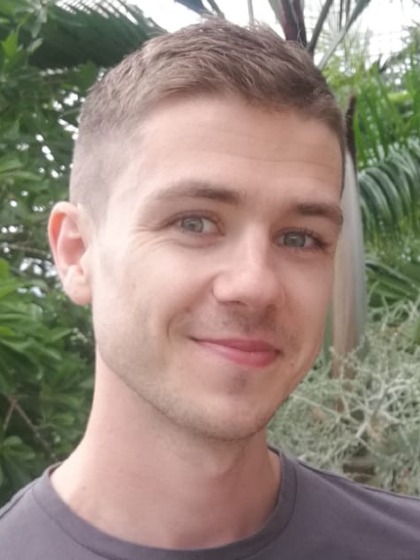
Contact
Functie
Vakgebied
Sociology, Clinical and Social Psychology
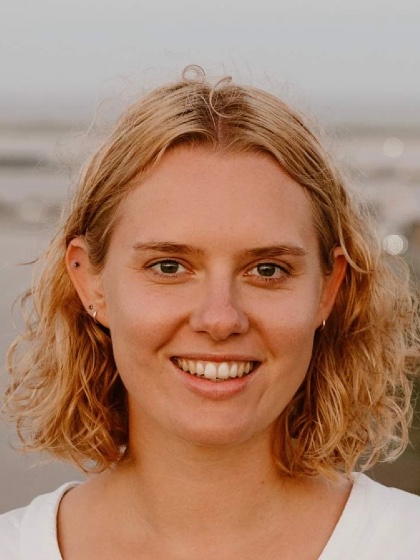
Contact
Functie
PhD Candidate
Vakgebied
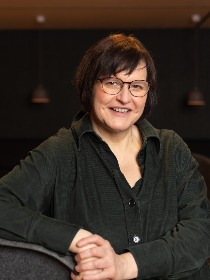
Contact
Functie
Bijzonder hoogleraar Farmaceutisch zorgonderzoek
speltheorie, ruilnetwerken, collectieve besluitvorming, mathematische sociologie
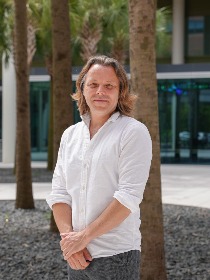
Contact
Functie
Adjunct hoogleraar mathematische sociologie
Vakgebied
toegepaste statistiek, sociale netwerkanalyse, multiniveau analyse
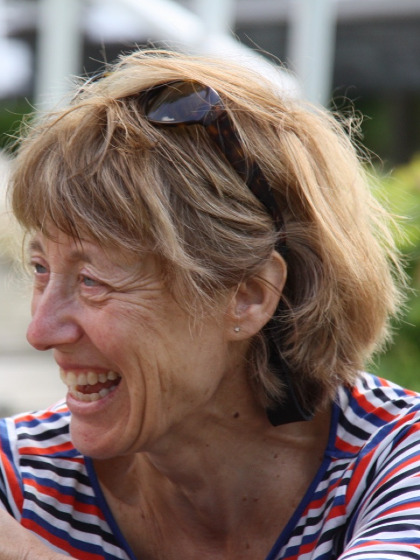
Contact
Functie
Aletta Jacobs Hoogleraar Statistiek, in het bijzonder modellen voor Sociale Netwerk Analyse
Vakgebied
Dr. E Falade is an Assistant Professor of Popular Music, Sound and Media Cultures. Dr Falade is a Black queer, feminist DJ and ethnomusicologist whose research sits at the nexus between race, gender, sexuality and popular music studies. Dr Falade’s... read more
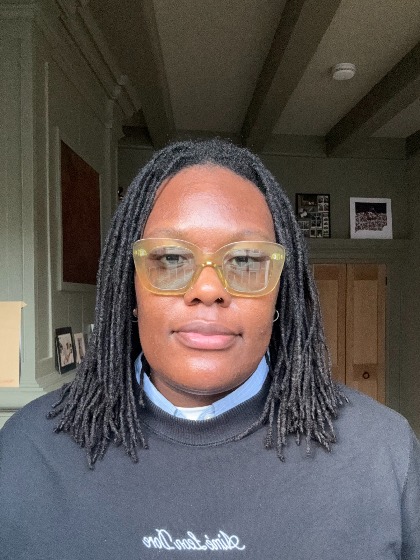
Contact
e.k.o.falade rug.nl
Functie
Universitair Docent Popular Music, Sound & Media Cultures
Vakgebied
Sociology of Religion; New Religious Movements; High-cost religions; Religious Disaffiliation; Conversion; Psychology of Religion; Biographical trajectories
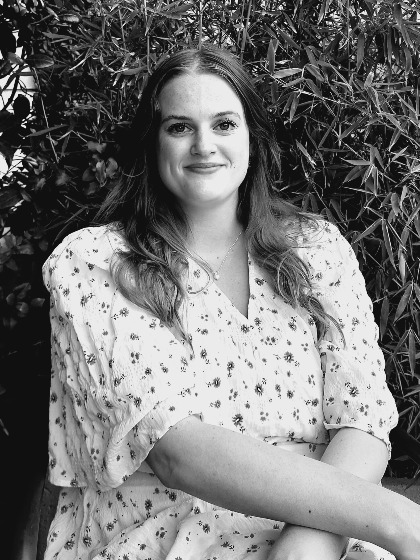
Verzorgingsstaat, Ontvolking
Pensioen, Levensloop
Migratie, Integratie
Replicatie, Voorspelling
Pensioen, Levensloop
Migratie, Integratie
Replicatie, Voorspelling
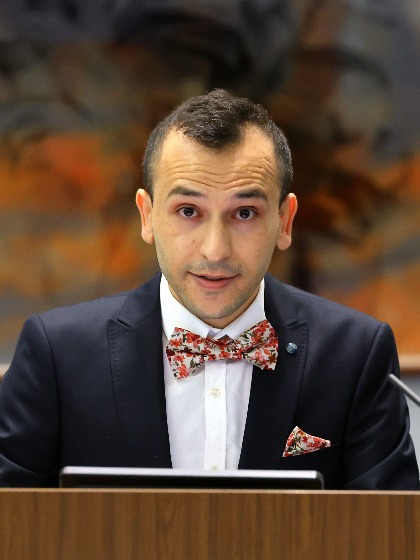
Contact
m.firat rug.nl
Functie
Postdoctoraal Onderzoeker Economische en Sociale Geschiedenis
Vakgebied
Sociale integratie, samenwerking, sociale netwerken, agent-based modelleren, sociale complexiteit
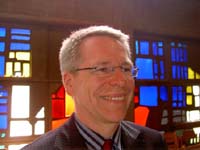
Contact
Functie
Hoogleraar
trust, cooperation, social networks, social influence, experiments
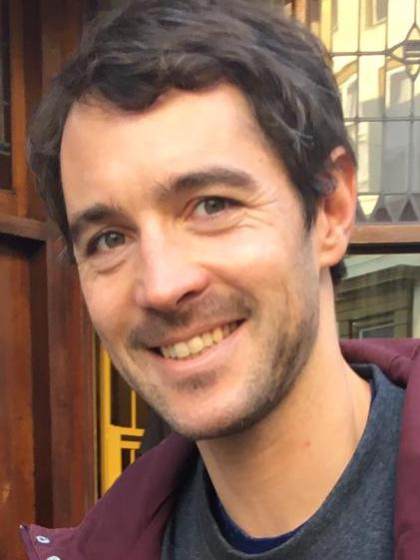
gender, decolonial studies, Indigenous studies, feminist movement, feminist democracy, development studies.
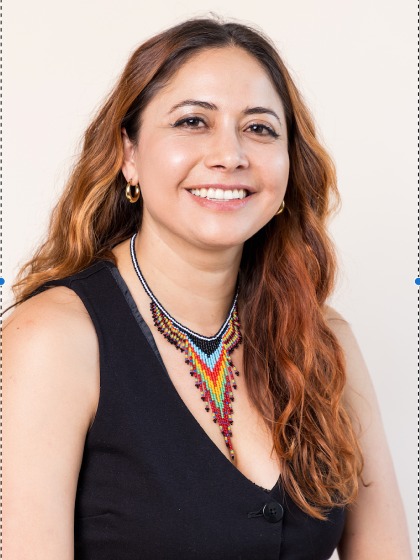
Contact
g.a.gallardo.lastra rug.nl
Functie
Phd student and lecturer
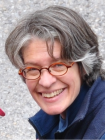
Contact
a.m.h.gauthier rug.nl
Functie
Honorary Professor of Comparative Family Studies
Vakgebied
Survey Methodologie: mixed-mode en mixed-device surveys, targeting of hard-to-survey populations, interviewer-respondent interaction.
Kwalitatieve onderzoeksmethoden: interviews, focusgroepen, thematische analyse
Vice-voorzitter examencommissie sociologie
Kwalitatieve onderzoeksmethoden: interviews, focusgroepen, thematische analyse
Vice-voorzitter examencommissie sociologie
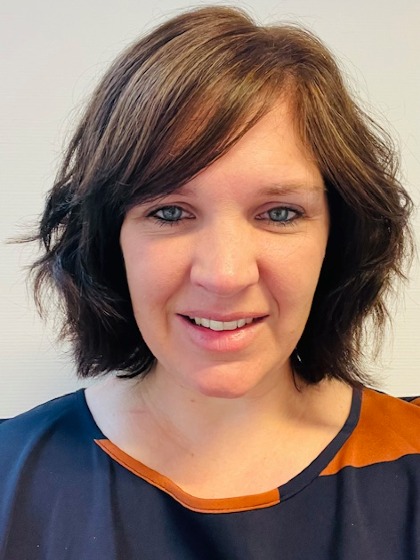
Contact
marieke.haan rug.nl
Functie
Universitair Docent
Francesca is an interdisciplinary social scientist whose research focuses on the micro-foundations of social phenomena. Her work combines theoretical analysis, agent-based modeling, and laboratory experiments to examine how individual cognitive and... read more
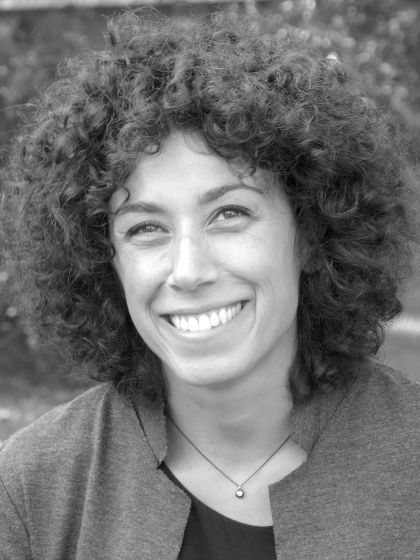
Contact
Functie
Universitair Hoofddocent Sociologie
arbeidssociologie, beleidssociologie, sociale welvaart
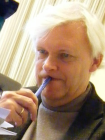
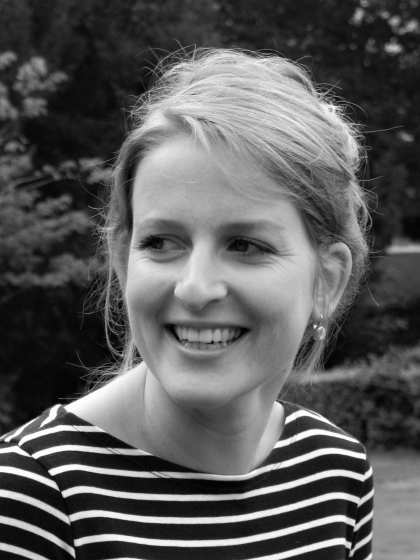
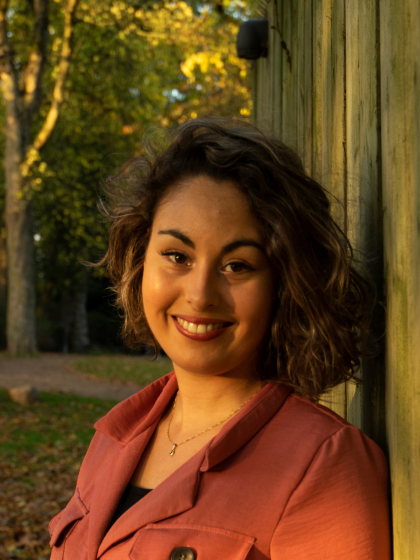
Contact
s.de.groot02 umcg.nl
Functie
Promovendus
Ik bestudeer publieke en non profit organisaties die tot doel hebben de situatie en positie te verbeteren van kwetsbare of minder bevoorrechte groepen in de maatschappij. Ik richt me daarbij op de relatie tussen het beleid en de interventies van deze... lees meer
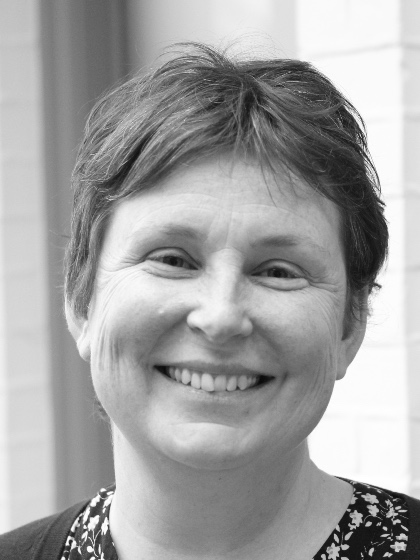
Contact
Functie
Hoogleraar Organisatiesociologie (adjunct)
Vakgebied
Sociale netwerkanalyse, criminele netwerken

Statistiek, missing data, imputatie, statistische analyse van sociale netwerken
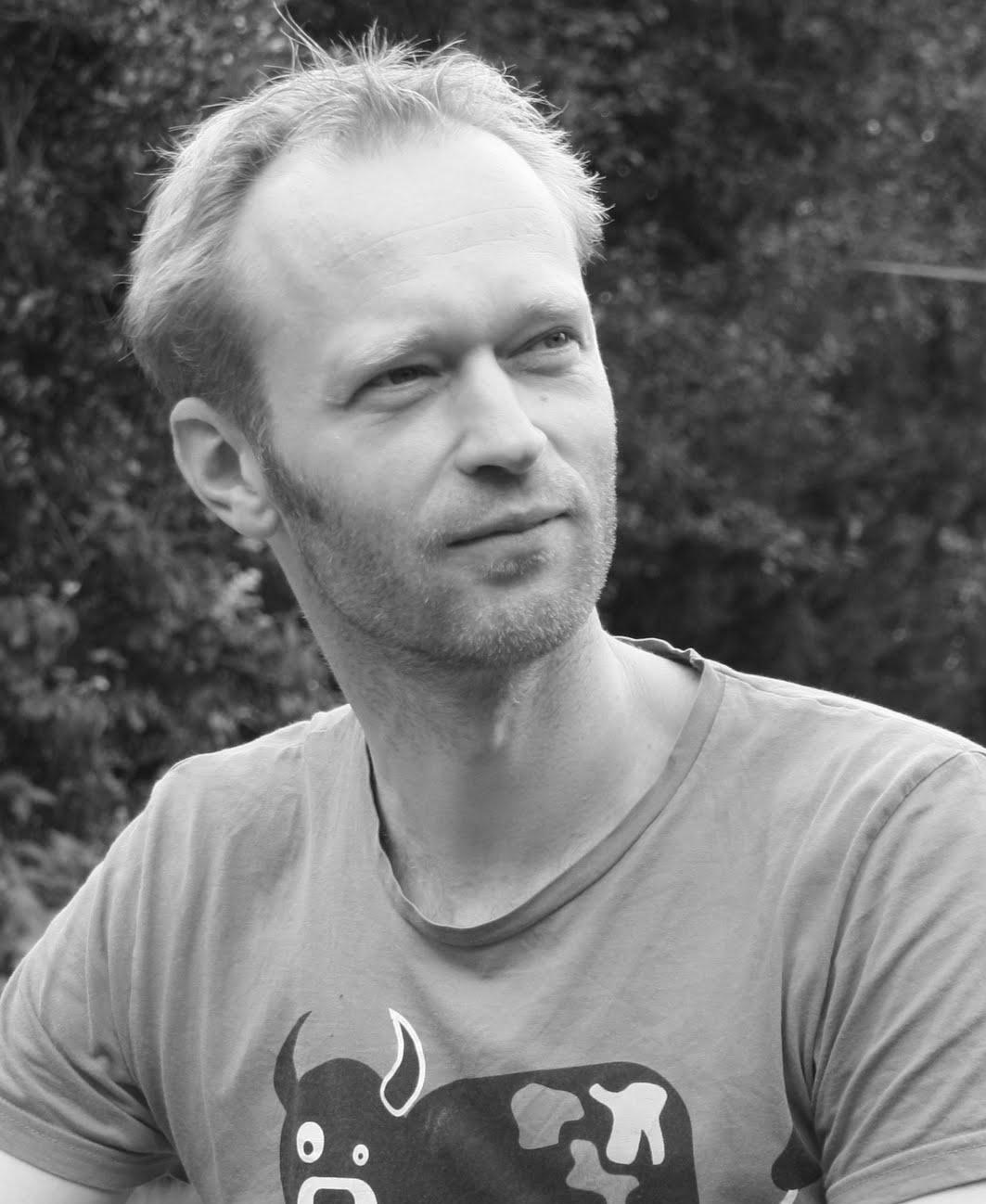
Contact
Functie
Universitair Docent
Pesten en anti-pestprogramma’s; sociale netwerkanalyse en interventies; prosociaal en antisociaal gedrag; sociaal-emotionele ontwikkeling; peer relaties; onderwijssociologie; criminaliteit & veiligheid
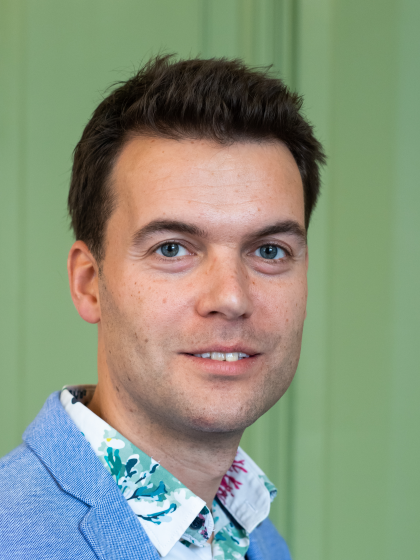
Contact
Functie
Onderwijsdirecteur Sociologie, Universitair Hoofddocent
Vakgebied

American Politics, International Political Economy, Social Movement History, Social Reproduction Theory, Critical Disaster Studies
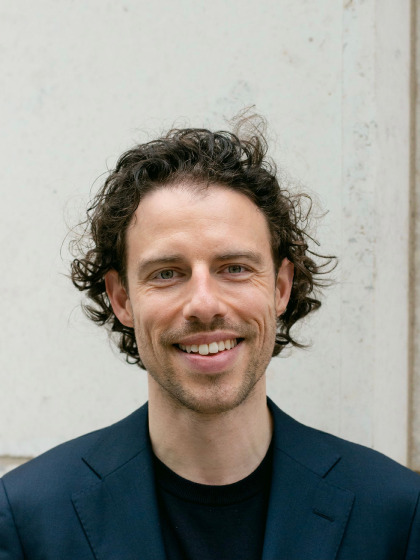
Contact
Functie
Lecturer in American Studies
Vakgebied
I am postdoctoral fellow in the AFREXTRACT project, researching the extractive lifeworlds and the political ecology of crude oil extraction in Africa. Through a combination of ethnographic and archival approaches, my research foregrounds the myriad ways... read more
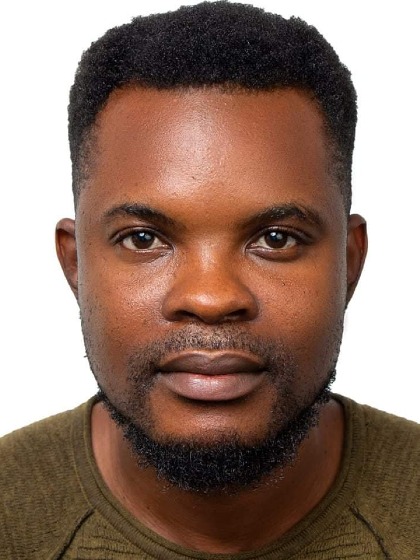
Sociale netwerken en segregatie
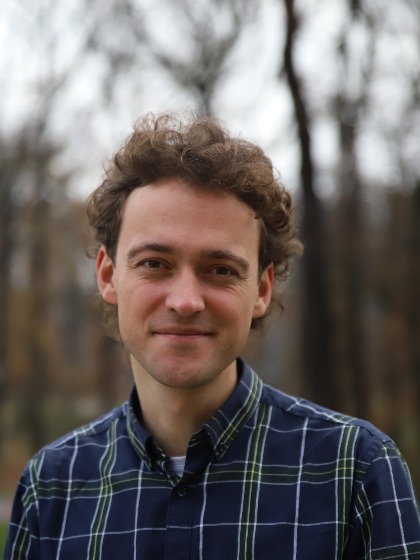
Social Network; Spatial Context; Computational Social Science

Contact
Functie
PhD student
Kwantitatief onderzoek, methoden, statistiek, demografie, dataverzameling, familie en levensloop, echtscheiding, migratie, sociale ongelijkheid, intergenerationele relaties
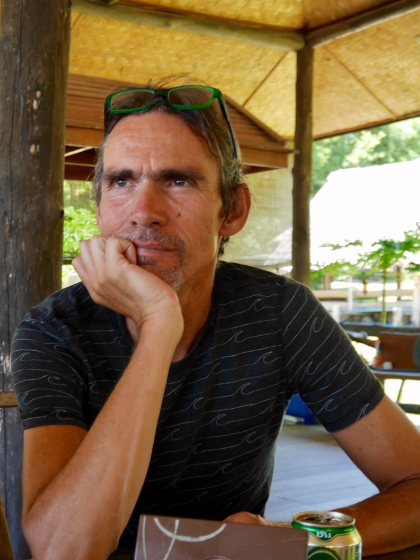
LHBTQ+ jongeren, middelen gebruik (roken, alcohol, marijuana) mental welzijn (depressie, angst), seksuele orientatie, gender identiteit
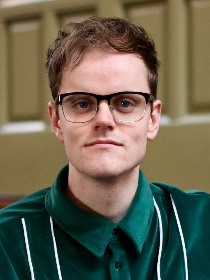
Kim Knibbe is Associate Professor Anthropology and Sociology of Religion. Grounding her work in ethnographic research, she theorize the ways religion is a factor in contemporary societies and interacts with secularity, particularly around the themes... lees meer
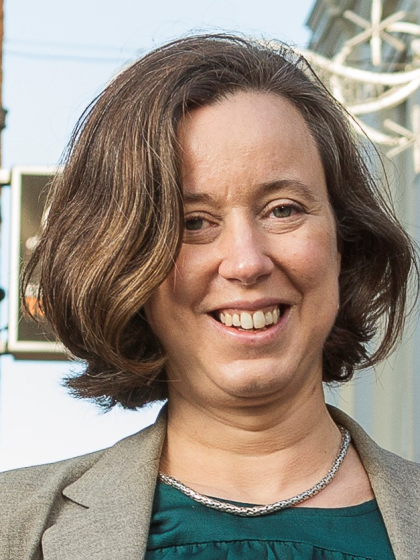
Contact
Functie
Universitair Hoofddocent Sociologie en Antropologie van Religie
Vakgebied
Wetenschappelijk Team: Circulaire Samenleving & Economie
Eetcultuur, Duurzaamheid, Consumptiegewoonten, Kringloopeconomie, Voedselverspilling
Eetcultuur, Duurzaamheid, Consumptiegewoonten, Kringloopeconomie, Voedselverspilling
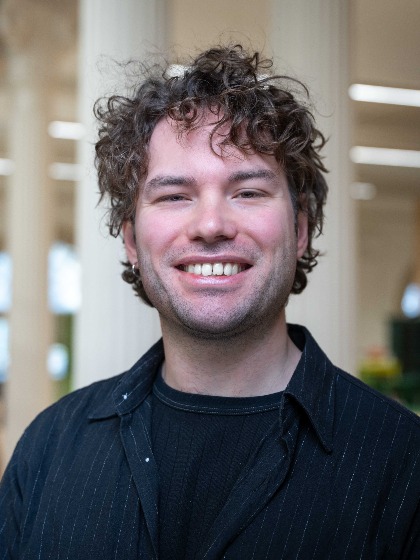
My main current research interest is the study of social class, and educational background in particular. Combining sociological and social psychological approaches, we are using a social identity framework to understand the effect of education on social... lees meer
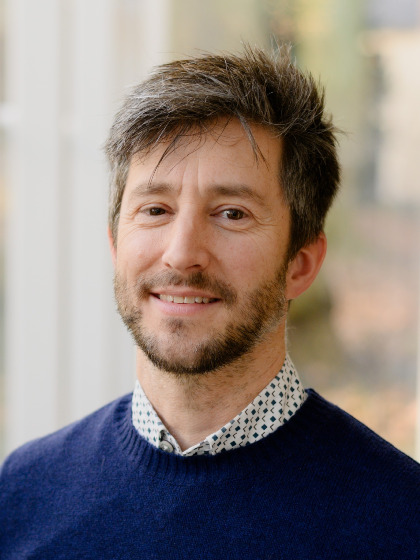
Contact
Functie
Universitair docent
Vakgebied
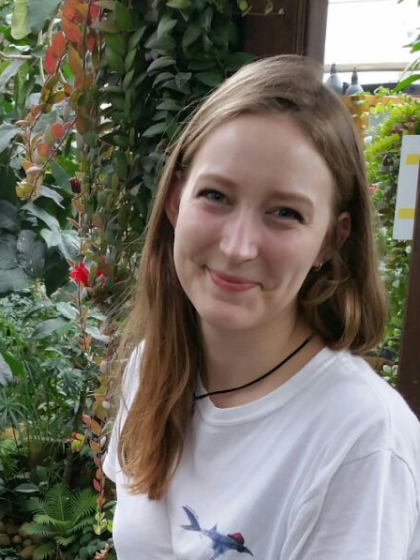
Lydia Laninga-Wijnen did her PhD at the department of Interdisciplinary Social Science, Utrecht University, The Netherlands. She has worked on the project "Social Network Analysis of Risk behavior in Early Adolescence" and examined the role of popular... read more
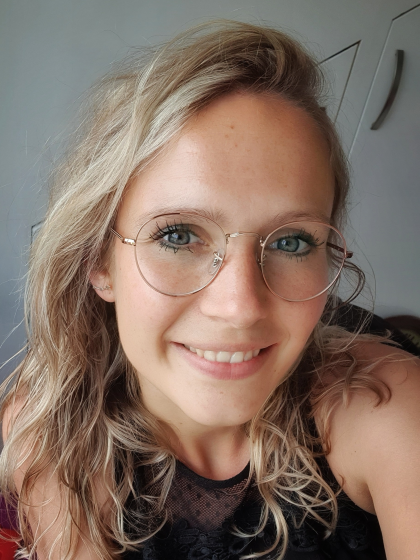
Contact
Functie
Postdoc
Vakgebied
Ilya Lavrov is an interdisciplinary researcher specialising in resilient societies and decision-making in politics and business. With a keen interest in public policy, digitalisation, transdisciplinarity, cooperation and complex societal issues, he delves... read more
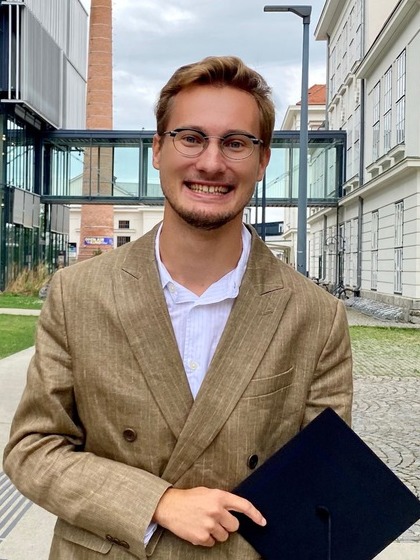
Contact
Functie
Dr. Lee is a sociologist interested in social inequalities. Her expertise is in global labour migration, racial hierarchies, class, work, and gender. She is currently working on a project that examines digital platform workers and the gig economy in South... read more
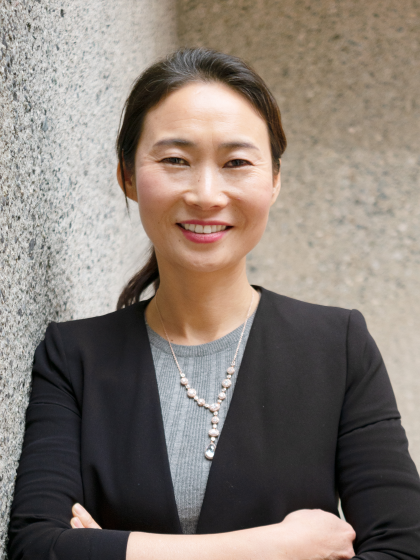
cognitieve sociologie, sociale rationaliteit
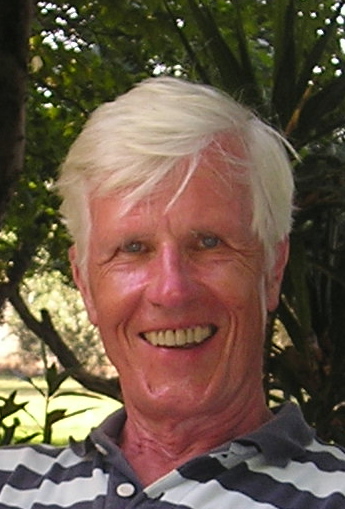
Contact
Functie
Hoogleraar Cognitieve Sociologie
Vakgebied
Organisatiesociologie
Werk en arbeid
Sociale ongelijkheid, mobiliteit, en stratificatie
Werk en arbeid
Sociale ongelijkheid, mobiliteit, en stratificatie
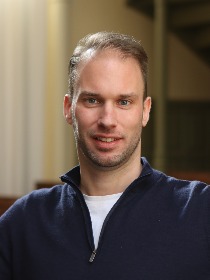
Cognitive social structures, triadic relations model, perception of friendship
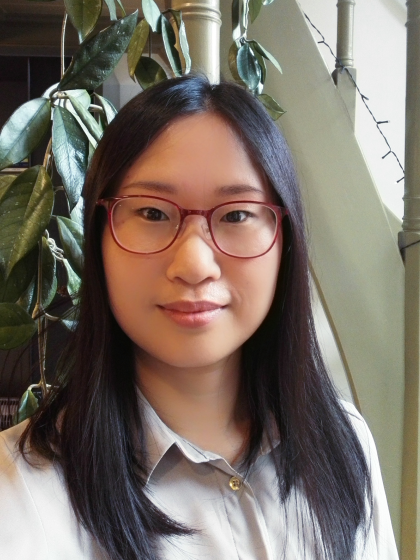
intergroup relations, agent-based modeling, social networks
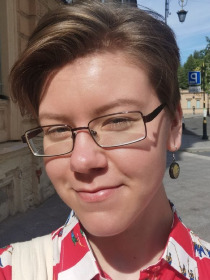

Contact
Functie
Wetenschappelijk Medewerker
Vakgebied
Sociology of religion, secularism, governance of religious diversity, cities, governance networks, public institutions, contempotary Jewish communities, non-religion, apostasy
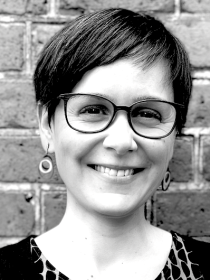
Contact
Functie
Assistant Professor of Sociology of Religion
Vakgebied
samenwerking, sociale preferenties, sociale netwerken
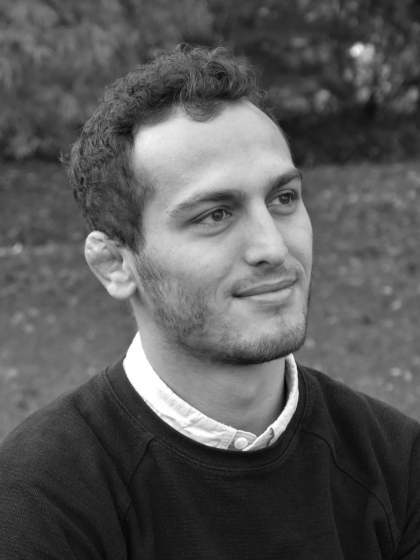
Climate Adaptation

Contact
e.j.mayhew rug.nl
Functie
Junior Officer Global Center on Adaptation
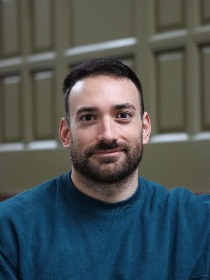
Behavioral Change, Environmental Psychology, Habits, Human Robot Interaction

Kort filmpje: https://www.youtube.com/watch?v=E8WeU7KmIfs // Publieksacademie opleidingskloof: https://www.youtube.com/watch?v=NBFlmGkb-4Q
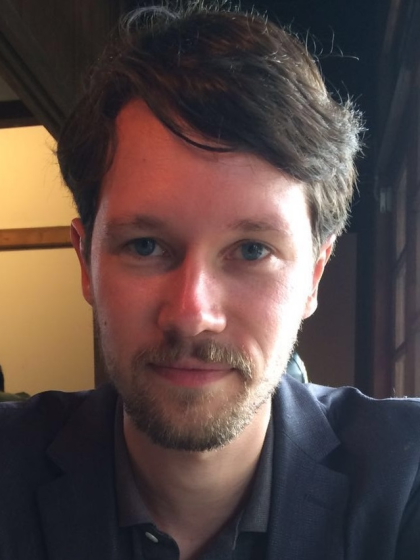
Contact
Functie
Assistant professor
Vakgebied
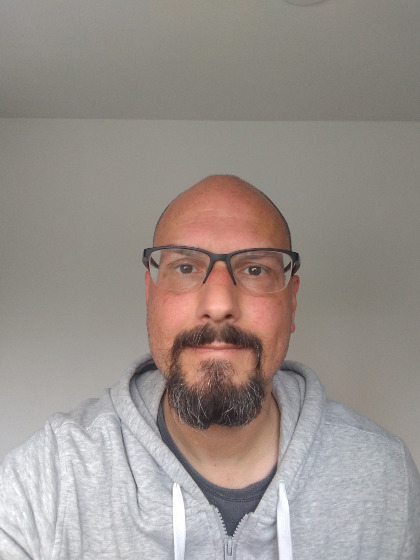
Contact
Functie
Universitair docent Politieke Wetenschappen
Vakgebied
Biopsychosociale benadering van gezondheidszorg

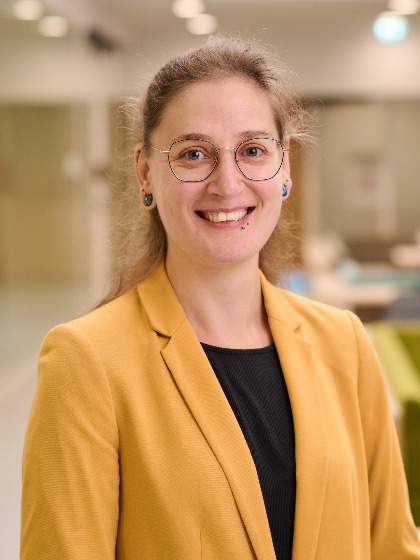
Contact
Functie
PhD student
Vakgebied
Mazlum Özkan is promovendus Sociologie aan de Rijksuniversiteit Groningen. Zijn onderzoek richt zich op hoe protestbewegingen omgaan met repressie, met een specifieke focus op Iran. Hij bestudeert hoe staatsgeweld, oppositiediscours en symbolische... lees meer
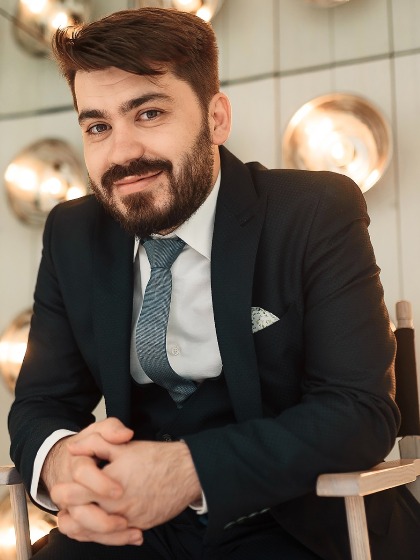

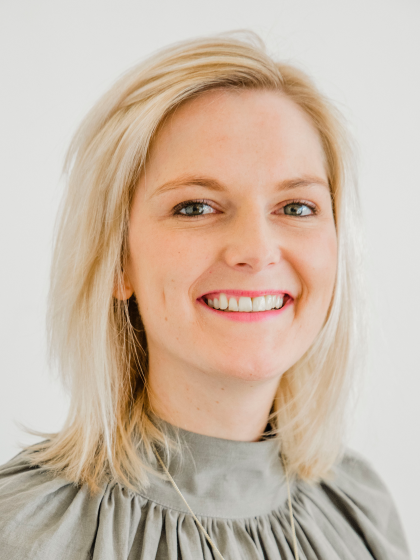
Pesten, groepsprocessen en sociale status
Relaties tussen jongeren (sociale netwerken)
Interventieonderzoek
Kwantitatieve onderzoeksmethoden voor longitudinaal onderzoek
Relaties tussen jongeren (sociale netwerken)
Interventieonderzoek
Kwantitatieve onderzoeksmethoden voor longitudinaal onderzoek
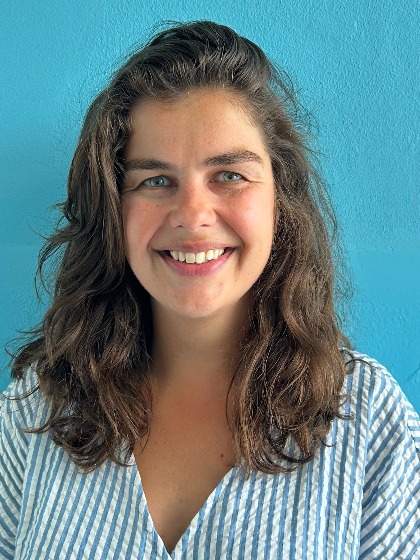
Contact
Functie
Universitair docent
Humor and Play in Political Discourse, Ethics of Political Humor, Political Rhetoric, US & Dutch Politics
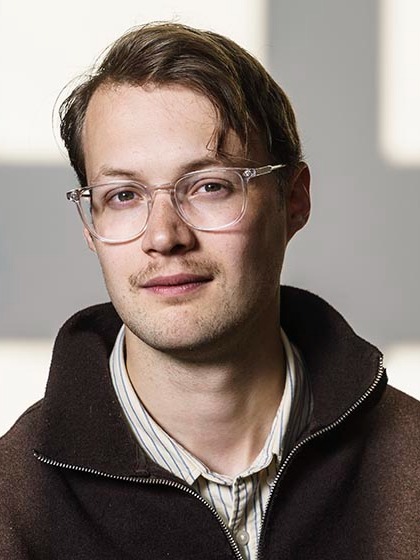
Research expertise: Multi-scale social networks as drivers of climate change impacts & socio-environmental inequalities; stakeholder networks as supportive mechanisms for improving environmental governance outcomes (e.g. social learning,... lees meer

Contact
Functie
Associate Professor in Networks, Sustainability, and Human Dimensions of Environmental Change
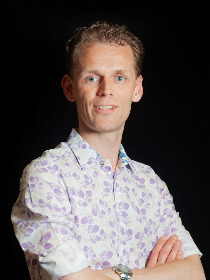
Contact
Functie
RoQua Wetenschappelijk Coördinator
Vakgebied
Docent research methods; probleemgestuurd onderwijs; wetenschapscommunicatie en public engagement; genAI; arbeidssociologie; sociale identiteit en samenwerking

Contact
Functie
Docent, afstudeercoördinator
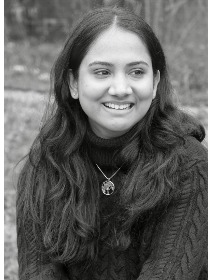
multilevel governance, climate governance, energy transition, transnational municipal networks
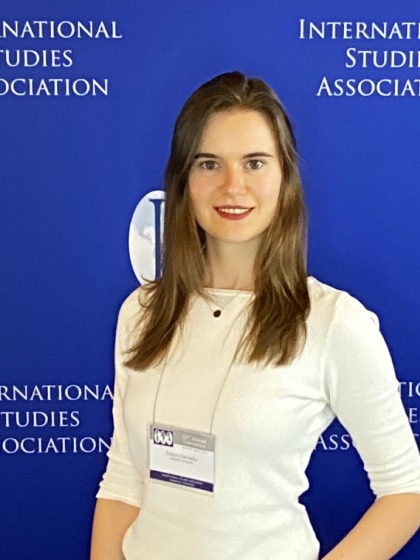
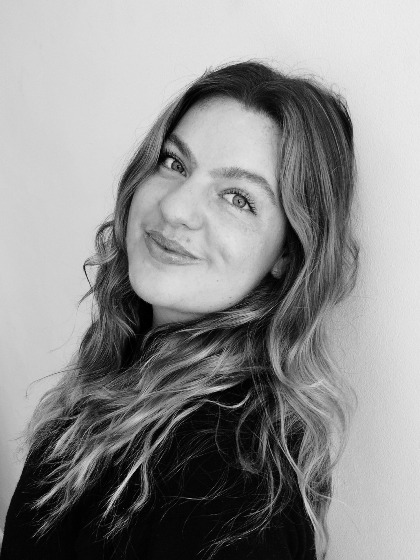
Adolescentiepsychologie, sociale netwerken, forensische psychologie, gedragsontwikkeling
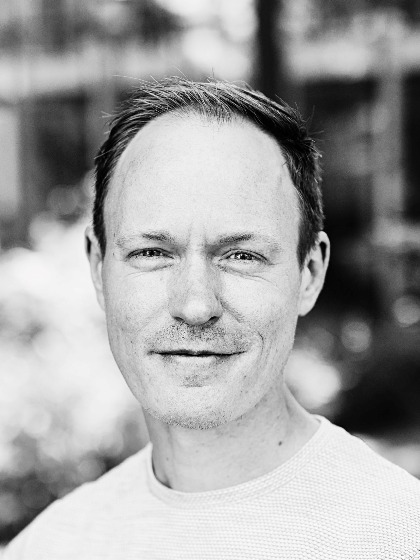
Contact
j.j.sijtsema rug.nl
Functie
Theory: Impression Management | Social Evaluations
Contexts: academic scientists, creative industries, professional cycling, hybrid organizations
Contexts: academic scientists, creative industries, professional cycling, hybrid organizations
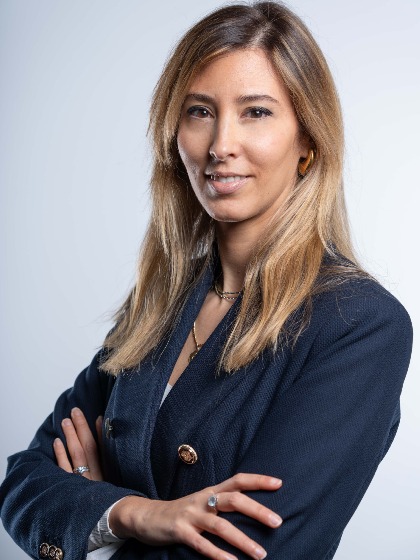
Contact
Functie
Assistant Professor of Innovation Management & Strategy
computationele sociale wetenschappen, ouderschap, jeugd, machine learning, R, Python
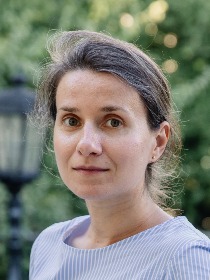
schrijfvaardigheid; evolutionaire sociologie
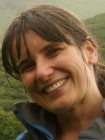
statistiek, sociale netwerken, multilevel analyse, stochastische modellen in de gedrags- en maatschappijwetenschappen

Contact
Functie
Hoogleraar
Personal network data collection and experience sampling methodology applied to personalised psychotherapy. I also have a blog together with Nina Schwarzbach where we reflect on our PhD, clinical psychology and academia in general: https://www... read more
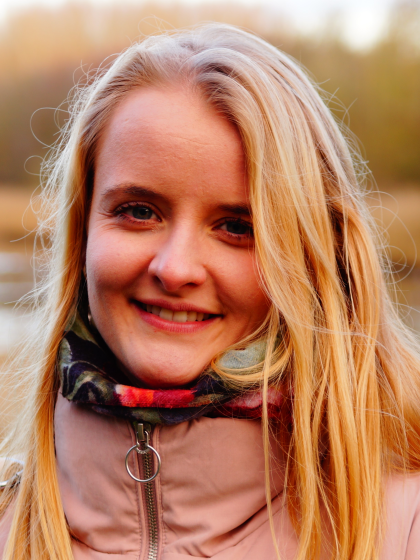
Contact
m.stadel rug.nl
Functie
PhD student
Vakgebied
sociale netwerken, stochastische modellen
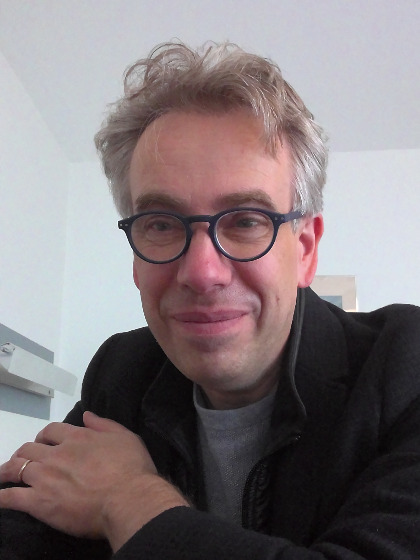
Contact
Functie
Universitair hoofddocent
Analytical Sociology, Agent-based Modeling, Experimental Sociology, Social Networks, Computational Social Science, Social Epistemology

succesvol ouder worden, welbevinden, sociale relaties, zelf-regulatie, levensloop, theorie-vorming, instrumentontwikkeling, interventies, implementatie, valorisatie

Contact
Functie
Adjunct hoogleraar
Vakgebied
fertiliteit; data science in de sociale wetenschappen; simulatie; R; visualisatie; humane gedragsecologie; biosociale benadering; lichaamslengte
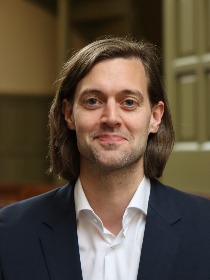
Contact
Functie
Adjunct Hoogleraar Computationele Sociale Wetenschappen, in het bijzonder Familiesociologie
Vakgebied
Agent-gebaseerd model, Complex systeem, Netwerk analyse

sustainable cooperation; organizational sociology; interprofessional education
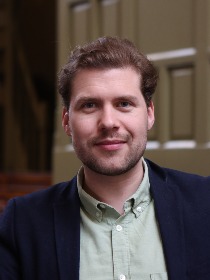
Jeugdstudies; jeugdvraagstukken in opvoeding, onderwijs en ontwikkeling; jeugdparticipatie; onderwijsinnovatie; learning communities; active learning; gender; diversiteit
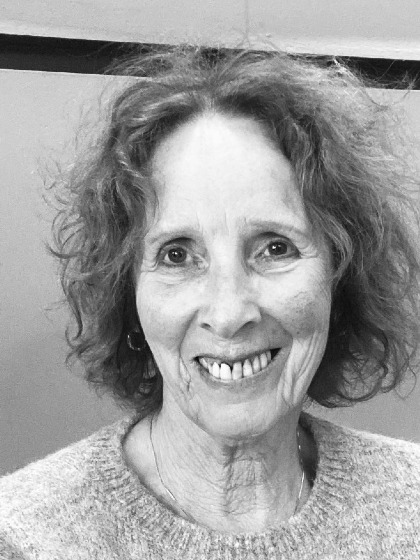
Contact
Functie
hoogleraar jeugdvraagstukken in opvoeding en onderwijs (em)
Medische Ethiek, Medische Professionaliteit, Medische Sociologie

Contact
Functie
Universitair Docent
Vakgebied
Segregatie, Ongelijkheid, Sociale scheidslijnen, Sociale netwerken
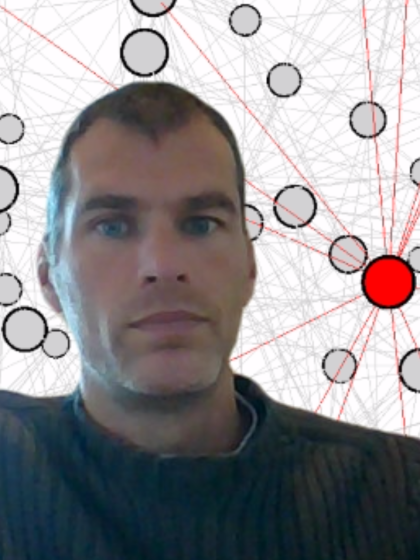
Contact
Functie
Professor
Suicidality among LGBTQ+ youth

Docent & onderwijsontwikkelaar op het gebied van persoonlijke en professionele ontwikkeling & reflectie
Ik geloof dat elke student er baat bij heeft om het wereldbeeld uit te breiden. Dit kan door een open houding te hebben en reflectief te zijn op... lees meer
Ik geloof dat elke student er baat bij heeft om het wereldbeeld uit te breiden. Dit kan door een open houding te hebben en reflectief te zijn op... lees meer
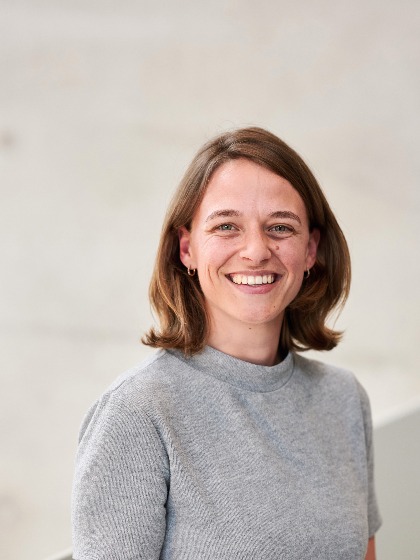
Contact
m.trippenzee rug.nl
Functie
Docent
Vakgebied
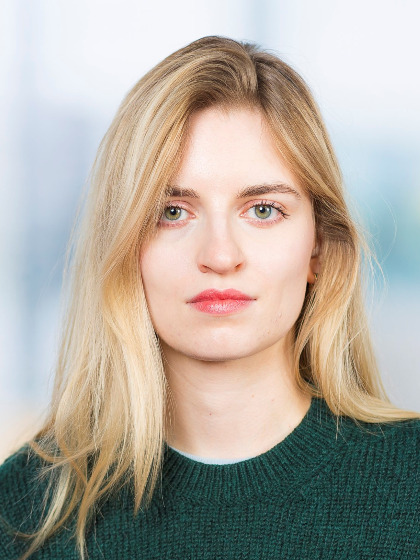
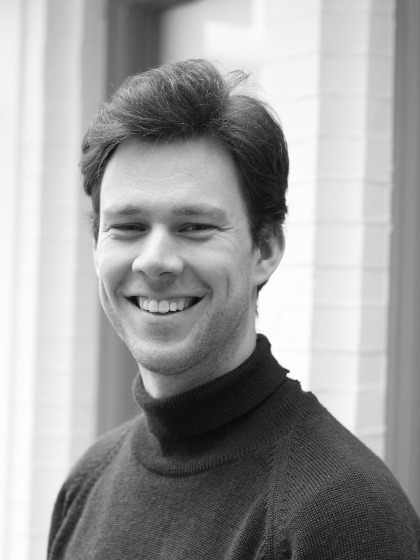
Contact
Functie
PhD student
Vakgebied
International migration, demographic characteristics and behaviour of migrant populations, family formation, intergenerational relationships
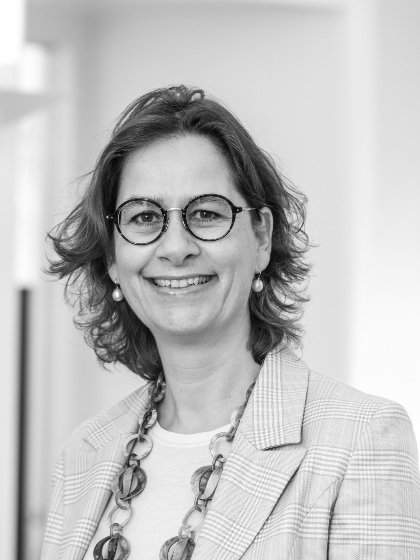
Contact
Functie
Honorair hoogleraar Migratie en de levensloop
Vakgebied
Pesten, netwerken van jongeren, sociale normen, criminaliteit en veiligheid
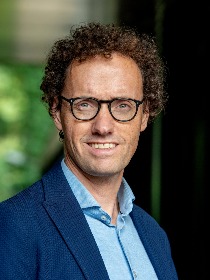
Qualitative research | Self-management of well-being interventions
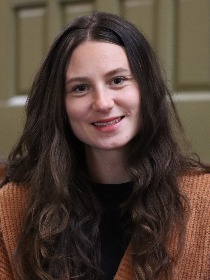
Welzijn van kinderen met een ouder in detentie
Ouder-kindrelaties tijdens detentie
Programma's om ouder-kindrelaties te versterken tijdens detentie
Kindvriendelijkheid van penitentiaire inrichtingen
Ouder-kindrelaties tijdens detentie
Programma's om ouder-kindrelaties te versterken tijdens detentie
Kindvriendelijkheid van penitentiaire inrichtingen
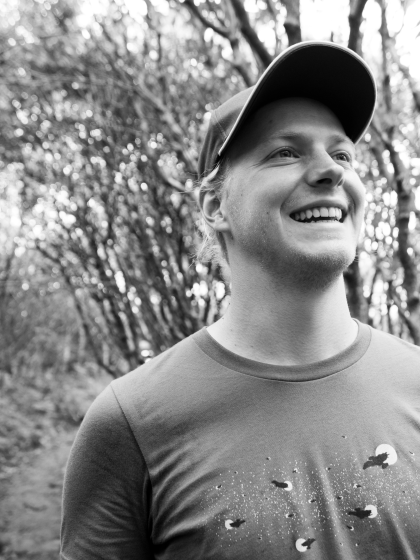
Contact
Functie
PhD student
Vakgebied
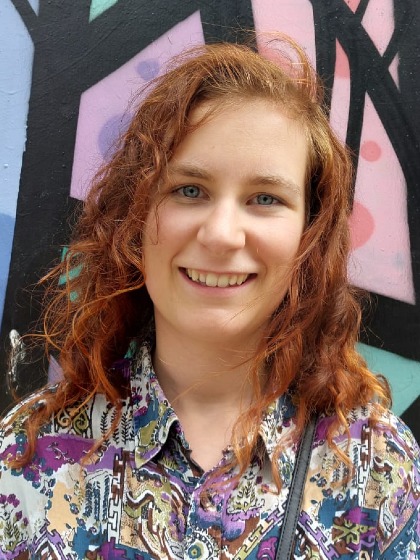
Specifiek lesgeven en meten van competencies en burgerschap

Contact
Functie
Docent, Vakdidacticus maatschappijleer en maatschappijwetenschappen
Vakgebied
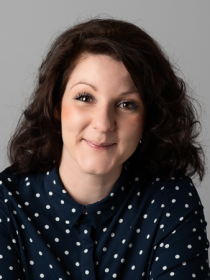
Contact
Functie
Graduate School Coordinator and Study Advisor Philosophy
Vakgebied
Sociologie van Arbeid en Organisatie
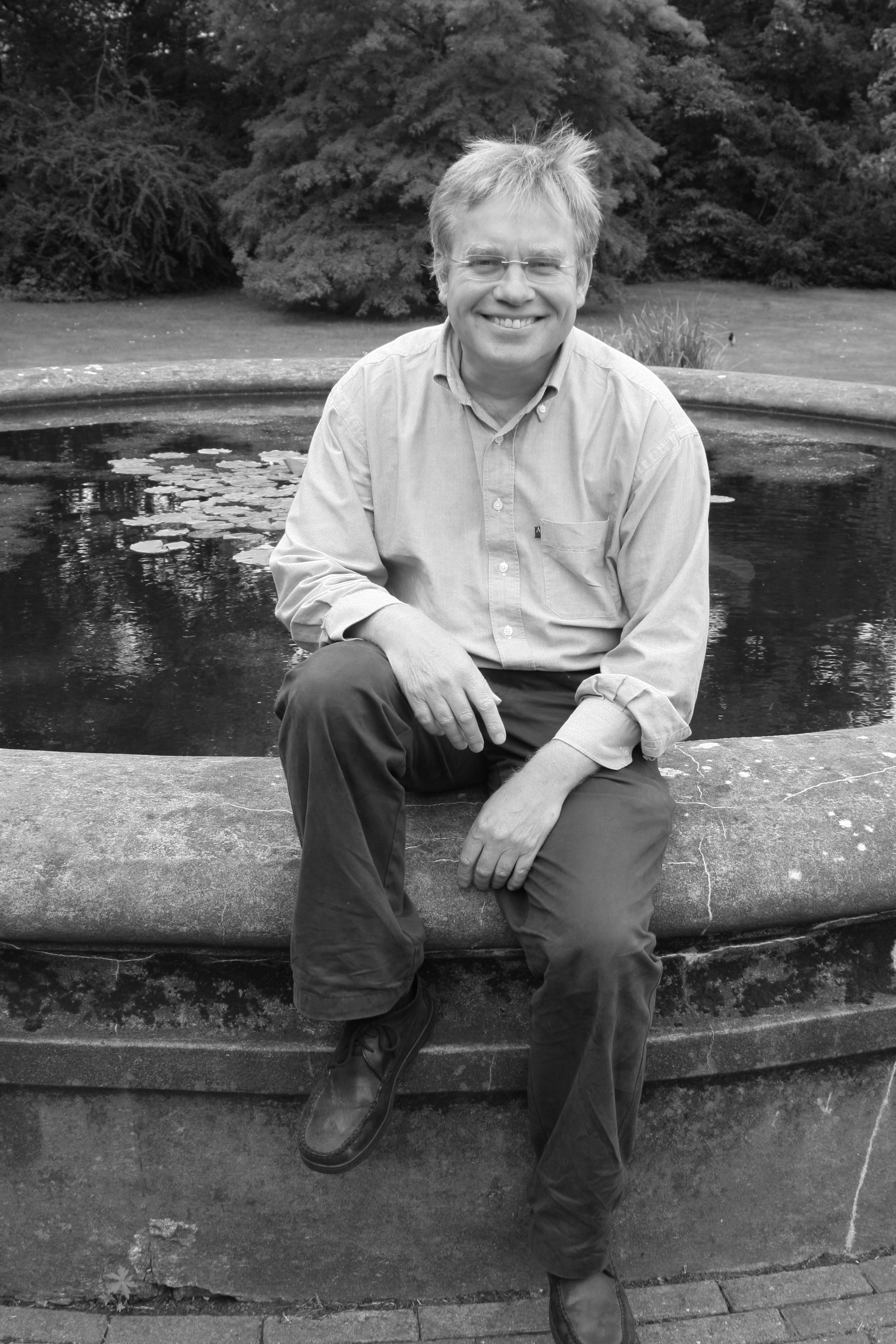
Contact
Functie
Universitair Hoofddocent Sociologie
Vakgebied
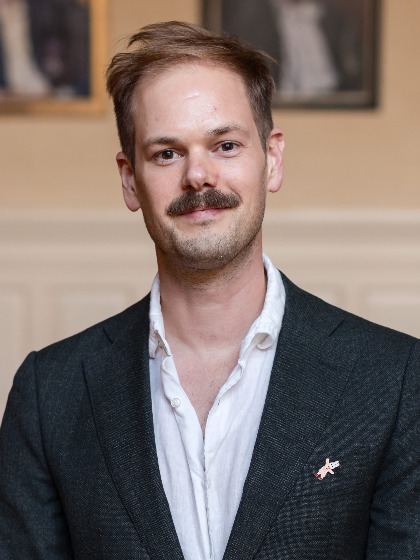
Contact
lars.de.wildt rug.nl
Functie
Assistant Professor Media Studies
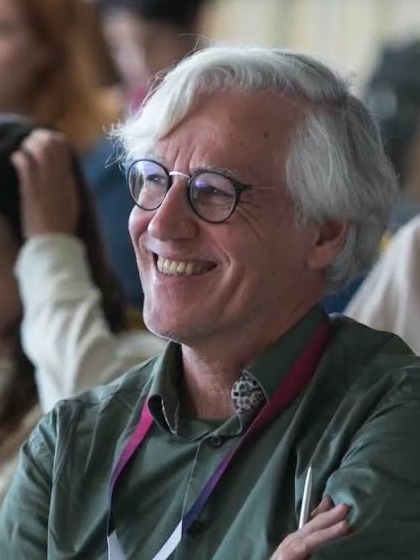
Subdisciplines
Organisatiesociologie - arbeidssociologie - sociologische theorie - economische sociologie - sociologie van veroudering
Themas
Duurzame samenwerking - beheersing - controle - organisatieverandering - administratieve reform -... lees meer
Organisatiesociologie - arbeidssociologie - sociologische theorie - economische sociologie - sociologie van veroudering
Themas
Duurzame samenwerking - beheersing - controle - organisatieverandering - administratieve reform -... lees meer
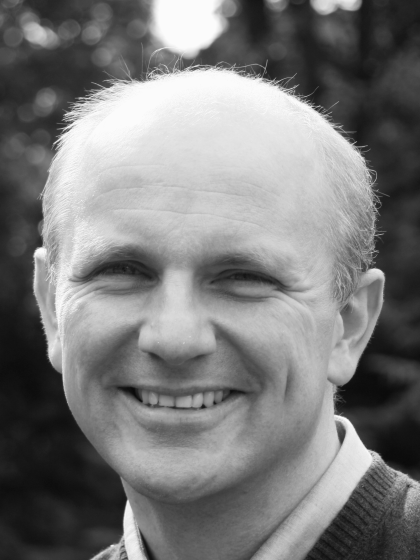
Contact
Functie
Hoogleraar
Ik ben een interdisciplinair onderzoeker die onderzoekt hoe instellingen blijvende psychologische mechanismen vormgeven die het gedrag en de houding van mensen beïnvloeden. Mijn huidige onderzoek richt zich op hoogopgeleide Chinese migranten in Duitsland,... lees meer
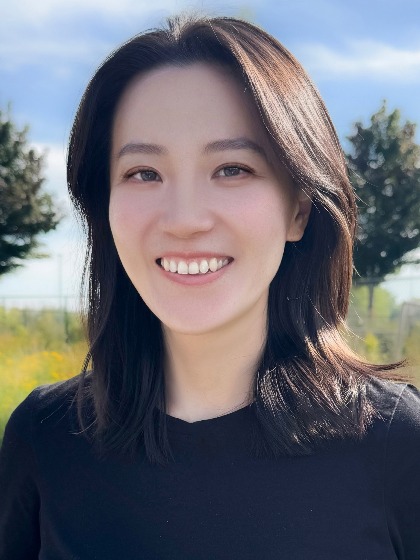

View this page in: English
